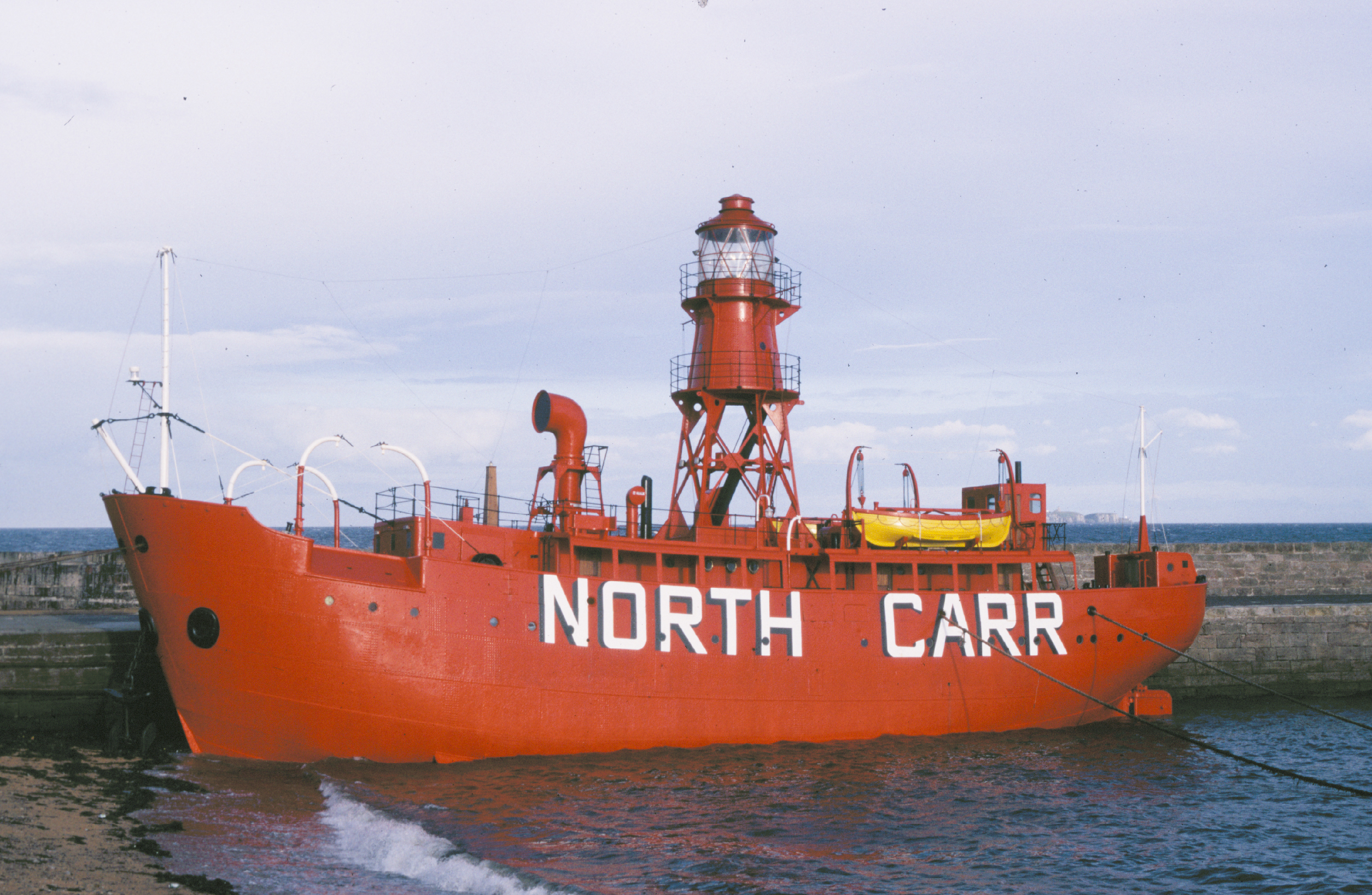We hope you're continuing to enjoy the new issue of
Electric Spec. For your reading pleasure here are some words by Author David Cleden about his intriguing story "Song of the Brethren."
For most of us, a sense of place plays an important role in our lives. We may talk about being drawn back to the place where we grew up, to where friendships were made (or broken), to where our familial roots are. Sometimes the place where we feel we truly belong is not where we start out; we have to journey through life to discover it. And sometimes the journey of discovery leads us right back to our beginnings.
For a long time, I've wanted to explore the idea of what would happen if that bond to a place was as strong as it could conceivably be. Maybe even a matter or life and death. How would it feel to be physically tied to one particular place for an entire lifetime? What would be the penalties for breaking those ties--and the motivations of those who decided to ignore them?
Those ideas, without shape or form, were still tumbling around in the great void of my skull when I remembered something from a long-past family holiday. My eldest son was only a few months old and we'd gone for a family walk up a valley in the beautiful wilds of Dartmoor in the UK. As we stood under a twisted, wind-blown tree on the side of valley, my infant son (who was strapped to my chest in a baby-carrier) became absolutely entranced by the dappling of the sunlight through the leaves above him. He couldn't tear his gaze away. It was as though that tree was the most wondrous, magical thing he had ever seen. (It was). For one brief moment, he seemed to have a special bond with that tree and nothing else mattered to him.
Back home, and wrestling with a little patch of garden behind our house, it also struck me how easily the wrong things are determined to grow in the wrong places. Tufts of grass constantly thrust up through the gravel path, yet zilch in the little patch of lawn where we'd appreciate it more. And brambles! Oh don't get me started on brambles. If ever there was a plant destined survive a nuclear winter...
Anyway, the story ingredients seemed to jell in my head during one intensive weeding session in the garden. With a little care and attention and application of various seasonings, it matured into the dish that I'm delighted the fine editors at Electric Spec have chosen to serve up amongst a whole host of gourmet treats. I hope it sits well on your palate. (But always remember, not all poisons taste bitter. Some disguise their true nature with an unnatural sweetness. Bon appetit!)
Very interesting! Thanks, David!





